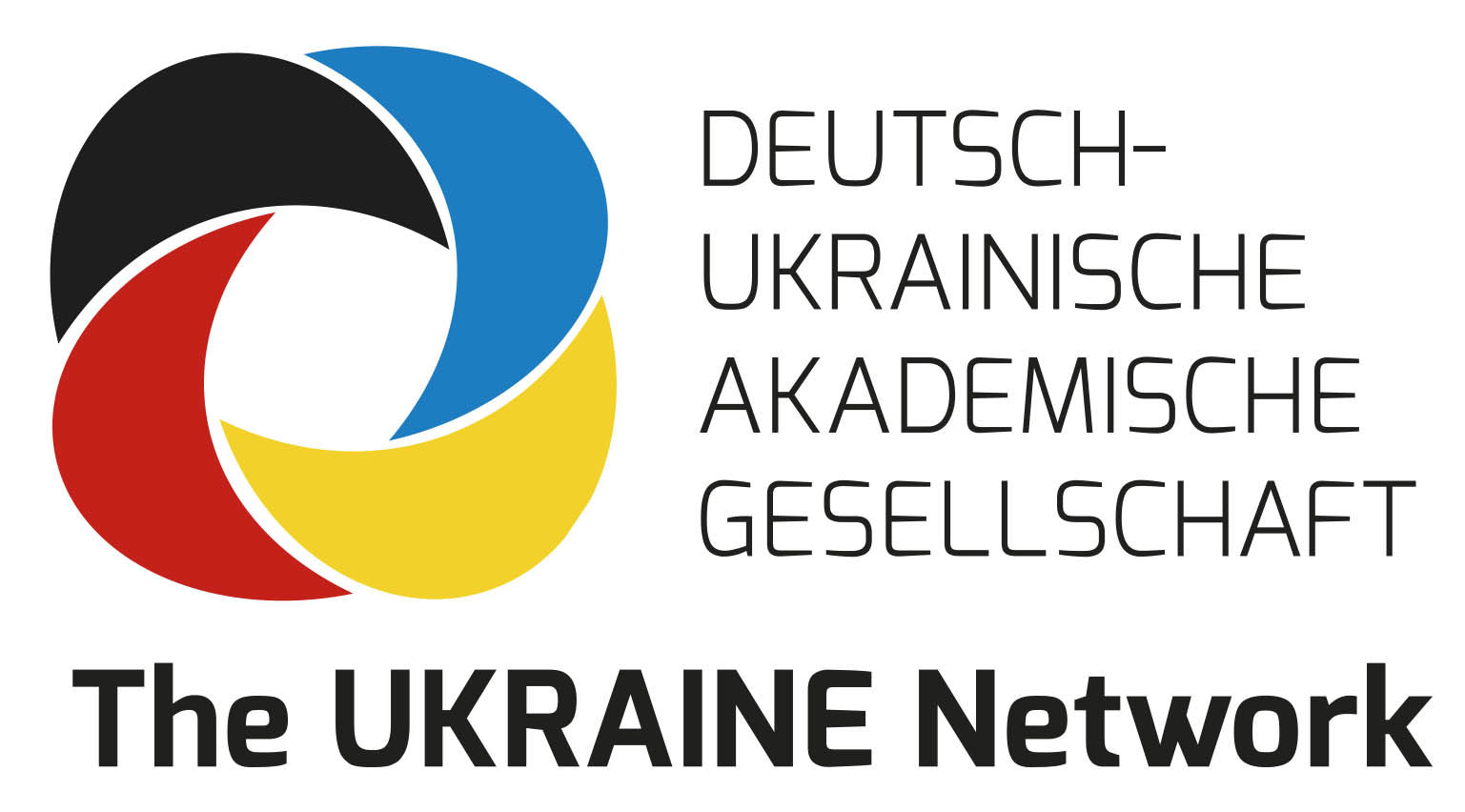Prof. Marina Rodnina (The Max Planck Institute for Biophysical Chemistry, Göttingen, Germany) was awarded the ERC Advanced Grant.
Marina Rodnina explores the workings of ribosomes – the protein factories of living cells. Proteins are involved as “molecular workers” in virtually all processes in living cells. The ribosome produces a protein by linking certain amino acids together to form a long chain. But only when this amino acid chain is folded into its correct three-dimensional structure, the protein is functional. If something goes wrong with this process, the effects can be fatal: Defects in protein folding are the cause of many diseases, including Alzheimer’s, Parkinson’s and other neurodegenerative diseases. With the advanced grant of EUR 2,5 million the European Research Council (ERC) will support Rodnina’s research project entitled “Ribosome Processivity and Co-translational Protein Folding”.
In 2015 Prof. Rodnina was awarded the Leibniz prize, one of the most prestigious German awards for scientists. There is a report from the Leibniz award ceremony (in Ukrainian and Russian), which includes an interview with Prof. Rodnina.
Marina Rodnina was born in Kyiv, where she studied biology at the Taras Shevchenko National University of Kyiv. She then obtained her doctorate in molecular biology and genetics at the Institute of Molecular Biology and Genetics of the National Academy of Sciences of Ukraine in Kyiv. Marina Rodnina moved to the University of Witten-Herdecke in Germany in 1990 supported by a postdoctoral research fellowship from the Alexander von Humboldt Foundation (AvH). It was there that she completed her habilitation and was appointed Professor of Physical Biochemistry. Since 2008 she has been director of the Max Planck Institute for Biophysical Chemistry in Göttingen. Marina Rodnina is a member of the Leopoldina, the German National Academy of Sciences.
